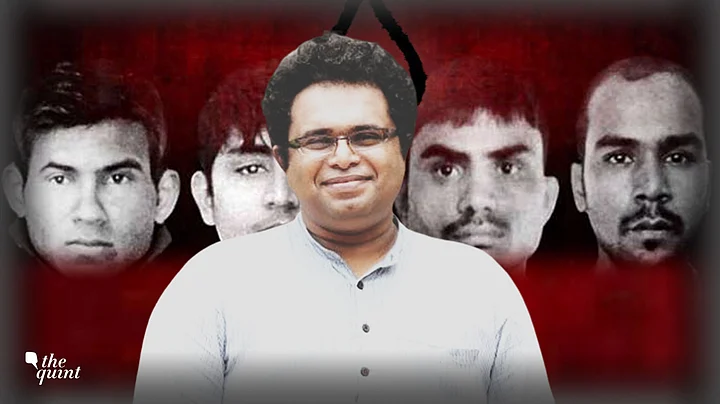Video Editor: Varun Sharma
The four convicts in the Nirbhaya gang rape and murder case – Pawan Kumar Gupta, Mukesh, Vinay and Akshay – were hanged to death at 5:30 am in Tihar jail, on Friday, 20 March. This comes seven years after a 23-year-old paramedic student, later named as Nirbhaya by media, was brutally attacked and gang-raped on 16 December 2012.
While the hanging comes seven years after the incident, the execution of the order was deferred thrice since January 2020.
Is it fair to say that the convicts indulged in delaying tactics, that they used underhand means to delay the execution, including filing petitions separately? Not at all, said Anup Surendranath, Executive Director of Project 39A and a death penalty law expert.
“They have only exercised options available to them in the law and it is fair that the law provides them these options.”Anup Surendranath
He added that that the idea of our law is that “it cannot be easy for the state to take life.”
Elaborating on that, Surendranath added:
“That cannot be the idea of our procedural system either. It is that the state must be very sure. It must follow all the laws, and the idea is to make it as difficult for the state to take life. We should not be giving power to the state that easily.”Anup Surendranath
Was There Delay in ‘Delivery of Justice?’
Surendranath added that in seven years, the Nirbhaya gang rape and murder case had to go through trial court proceedings, high court confirmations and the Supreme Court hearing of the criminal appeal.
“Not to mention the review petitions and the mercy pleas. To complete over seven years, there certainly is no inordinate delay in this,” the expert said.
Lessons For Criminal Justice From the Case?
Surendranath pointed that most often, in cases like these there is a crime-centric approach to sentencing. This, he said, must be changed.
“Unfortunately, in many of the death penalty cases we see, a very crime-centric approach to sentencing. Now the general public might feel that it’s absolutely fine but unfortunately that’s not the law and that’s not what the law requires.”Anup Surendranath
He also added that in cases like this, there was well-documented error that the sentencing court seemed to indulged and that needs to be corrected.
(At The Quint, we question everything. Play an active role in shaping our journalism by becoming a member today.)
